"European perspective in clear focus"
Tuesday, 15.07.2014.
12:35

"European perspective in clear focus"
A century on from the Great War that was sparked partly as a result of tensions between Austria and Serbia, relations between Belgrade and Vienna have never been better. Today Austria is a strong supporter of Serbia’s reform course and EU integration path and Austrian companies are among the top investors in Serbia, while Diaspora Serbs in Vienna make up an important part of the Austrian capital’s multi-ethnic community.During the breaks between many events that were held in the last week of June in Vienna and other European cities, we discuss the two countries, the state of affairs in the European Union and the EU accession aspirations of the countries of the Western Balkans with Sebastian Kurz, Austrian Minister for Foreign Affairs and Integration.
Some analysts suggest that the recent European Parliament elections were historically important due to a shift in the balance of power in Europe in favour of voters. Meanwhile, others fear the rise of the anti-Europeans, eurosceptics. What is your position?
- The empowerment of the voters has already started much earlier. Today most policies of the European Union have to also be adopted by the European Parliament, giving the voters more say on many issues.
Marine Le Pen, the French far-right populist leader of the Front National, has said that the French have come to understand that the EU “does not live up to the utopia they were sold”. She claims that as a “global anomaly” the EU is a deeply harmful, “anti-democratic monster”. How would you comment on that?
- I think one should not interpret the election outcome too easily or in one way or another. As analysts have demonstrated, this result has many root-causes, mainly domestic ones, and it is the task of all politicians, including myself, to try to understand the concerns of voters in our respective countries and to further engage in our dialogue with them. However, the result is by no means a sign that voters are against the European Union, which is the most successful peace project in European history.
Let us go back to the historical occurrence that is most current this year – World War I. Professor Mark Cornwall wrote in The Guardian: “Most of the Hapsburg elite in Vienna – following Emperor Franz Joseph’s mind-set – were determined to crush ‘the Serbian snake’ and knew this risked provoking war. They took that risk and therefore bore a large portion of the blame for events spiralling out of control. The elitism of Austria-Hungary’s rulers and their paranoia about the Balkans is always a key factor in explaining why the Great War finally occurred.” What would be your comment?
- I don’t intend to comment on this debate, which should be left up to historians. The role of the politicians is to draw the right conclusions from the historic events for our countries, and my conclusion from World War I is that never again must we consider war a legitimate means of political action. We must pool our sovereignty in the European Union and tackle current challenges jointly, in order to gain strength and preserve peace together.
Back to the present times, how do you see the Balkans nowadays? What are our advantages and what are the obstacles to the European integration process?
- The Balkans is in all respects a European region. The European perspective is the most important incentive for reforms in the region. Furthermore, the people of the Western Balkans are interlinked in so many ways that a common European perspective is the logical consequence. It is, therefore, also one of the strategic goals of Austria’s foreign policy.
As we have seen in the last few years, the European perspective actually works, if we only look at the dialogue between Pristina and Belgrade. However, it is clear that obstacles remain to be overcome: reforms have to continue, regional cooperation must be intensified, and politicians in some of the countries must take on the responsibility for the European future of their countries.
As far Serbia is concerned, we have seen how much has been achieved due to the clear focus of the current government on reforms and the EU.
This month you met with Serbian Prime Minister Aleksandar Vučić in Vienna. What is your opinion on both political and economic reforms in Serbia?
- I have already had two very constructive meetings this year with Mr Vučić, one during my visit to Belgrade in February this year and one during Mr Vučić’s visit to Vienna. I am glad to say that both visits were extremely friendly. I appreciate Mr Vučić’s commitment to the European future of Serbia and to the thorough reforms which this country so badly needs. I am confident that these reforms will prepare Serbia better for the challenges ahead and strengthen its democratic institutions.
In one interview you said that it is in Austria’s own interests to have Western Balkan countries, Serbia especially, in the EU. What kind of support can we expect in the future?
- In all the numerous bilateral contacts between Serbia and Austria this year we have reiterated our support for Serbia’s EU-integration. I also wanted to further highlight our support by attending the opening of the enlargement negotiations on 21st January in Brussels.
We remain committed to supporting Serbia in Brussels – based on the continuation of the European path by the Serbian government. Besides our support for Serbia’s European path, I am also glad that Austria was able to help during the recent flood crisis in Serbia and Bosnia-Herzegovina. We deployed rescue and pumping teams very quickly and the Austrian government decided to donate 1 million Euros to Serbia and Bosnia-Herzegovina. All this should be understood as a sign of Austria’s support for your country.
Do you believe Serbia can complete accession talks by 2018?
- Accession negotiations are a dynamic process that depends on many factors, which makes it impossible to set clear dates. Serbia will have Austria’s full support to open the first negotiation chapters still during this year, and to open as many as possible in due time.
I’m sure you would agree that the Balkans needs more tolerance in every sense: political, ethnic, social, religious. When Conchita Wurst won the Eurovision song contest in May with pledges to promote tolerance, the Austrian president, Heinz Fischer, said it was “not just a victory for Austria, but above all for diversity and tolerance in Europe”. What is the minimum level of tolerance that Europe needs in order to overcome the consequences of current differences?
- The European Human Rights Convention sets out clear human rights standards in our countries. It prohibits discrimination on the grounds of someone’s personal status and this clearly includes sexual orientation. I am very glad both Austria and Serbia have ratified this important convention and that Serbia has forbidden discrimination by adopting a special law already years ago. From now on, the focus should be on its implementation.
"Youngest minister ever"
Born 1986 in Vienna, Sebastian Kurz was elected chairman of the youth branch of the Austrian People’s Party in 2009 and served as a member of the Vienna City Council between 2010 and 2011.Appointed to the newly created post of State Secretary for Integration within the Austrian Ministry for Internal Affairs in April 2011, he became a member of parliament following Austria’s 2013 general elections.
In December 2013 he became Austria’s minister for foreign affairs and Social integration, thus becoming Austria’s youngest ever government minister since the foundation of the republic and the youngest foreign minister of any country in the European Union.










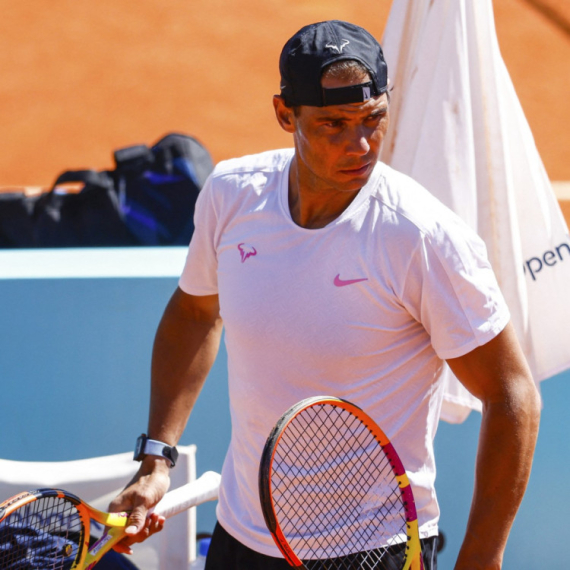
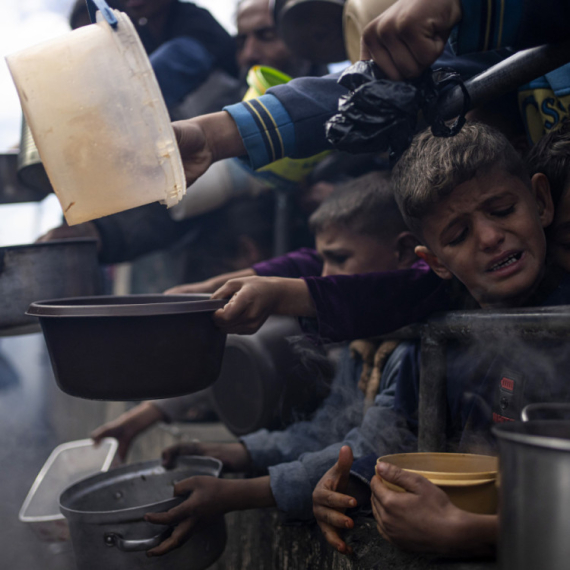

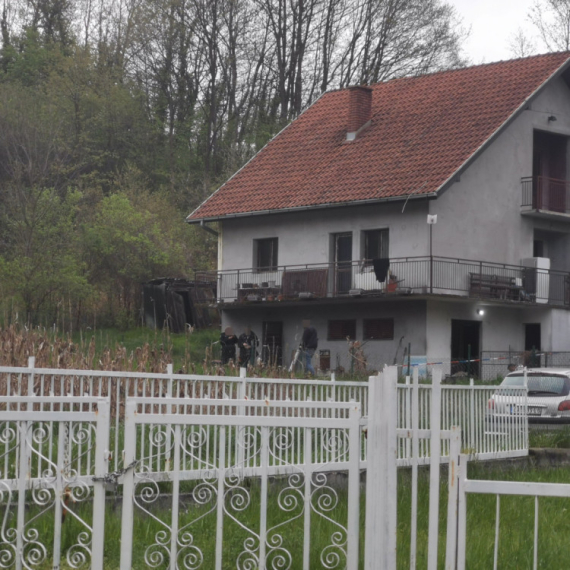


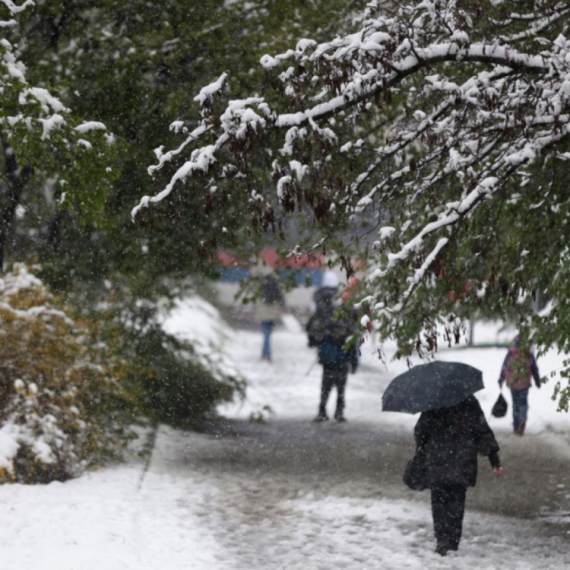
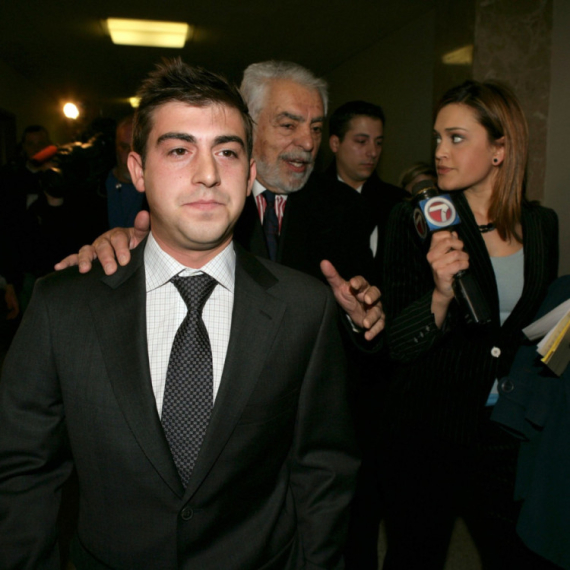
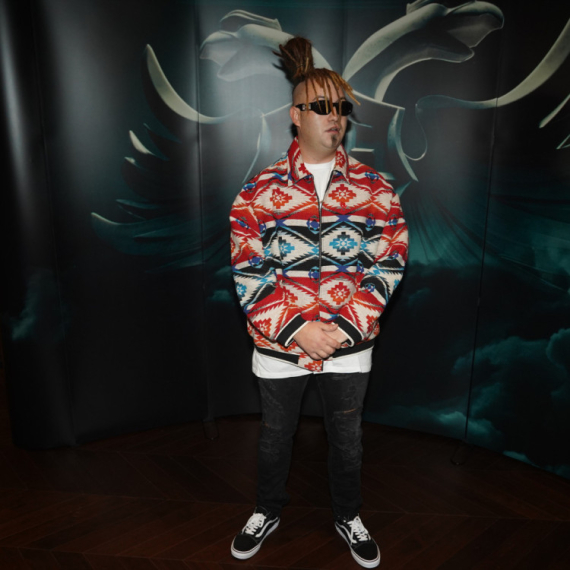
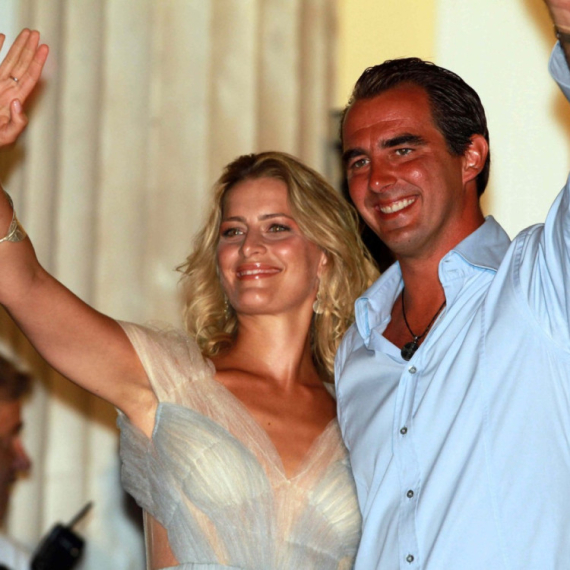

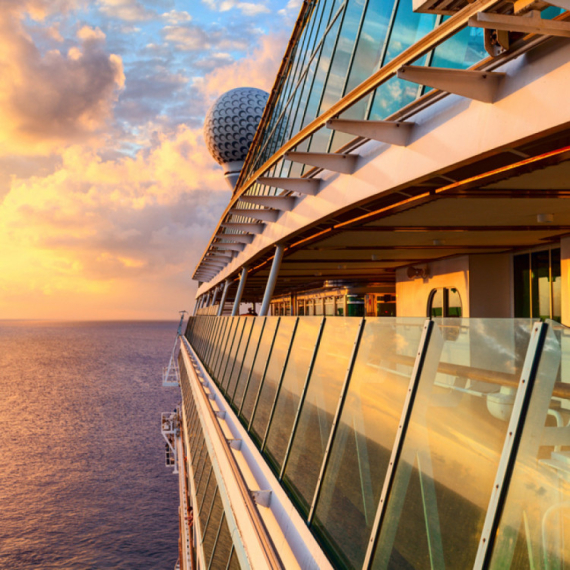



























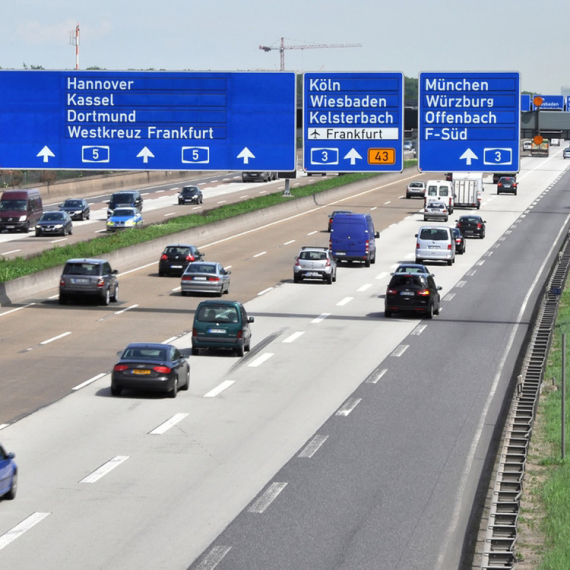
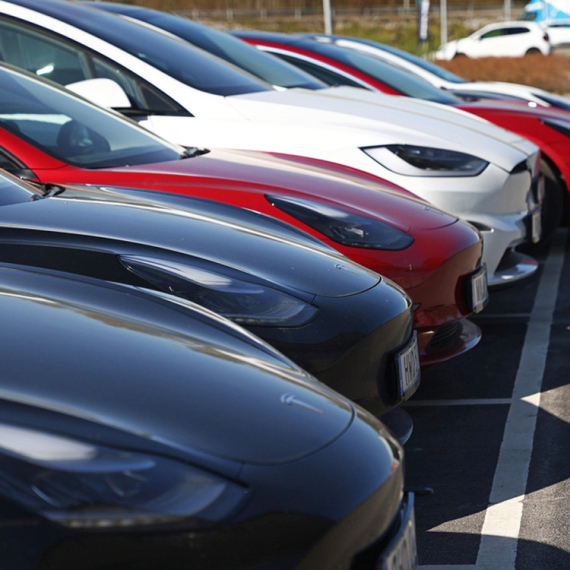


Komentari 0